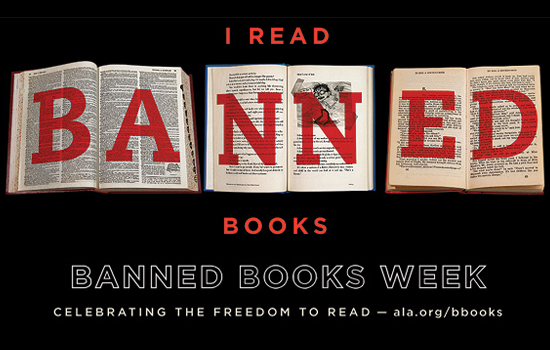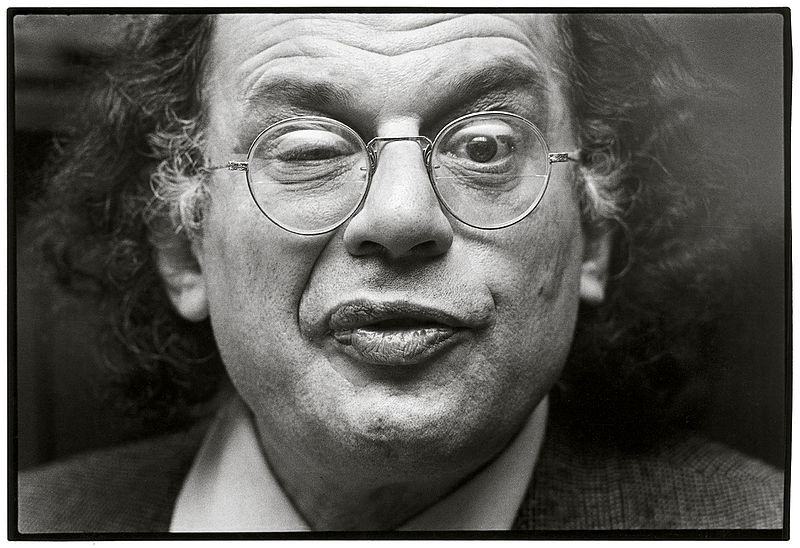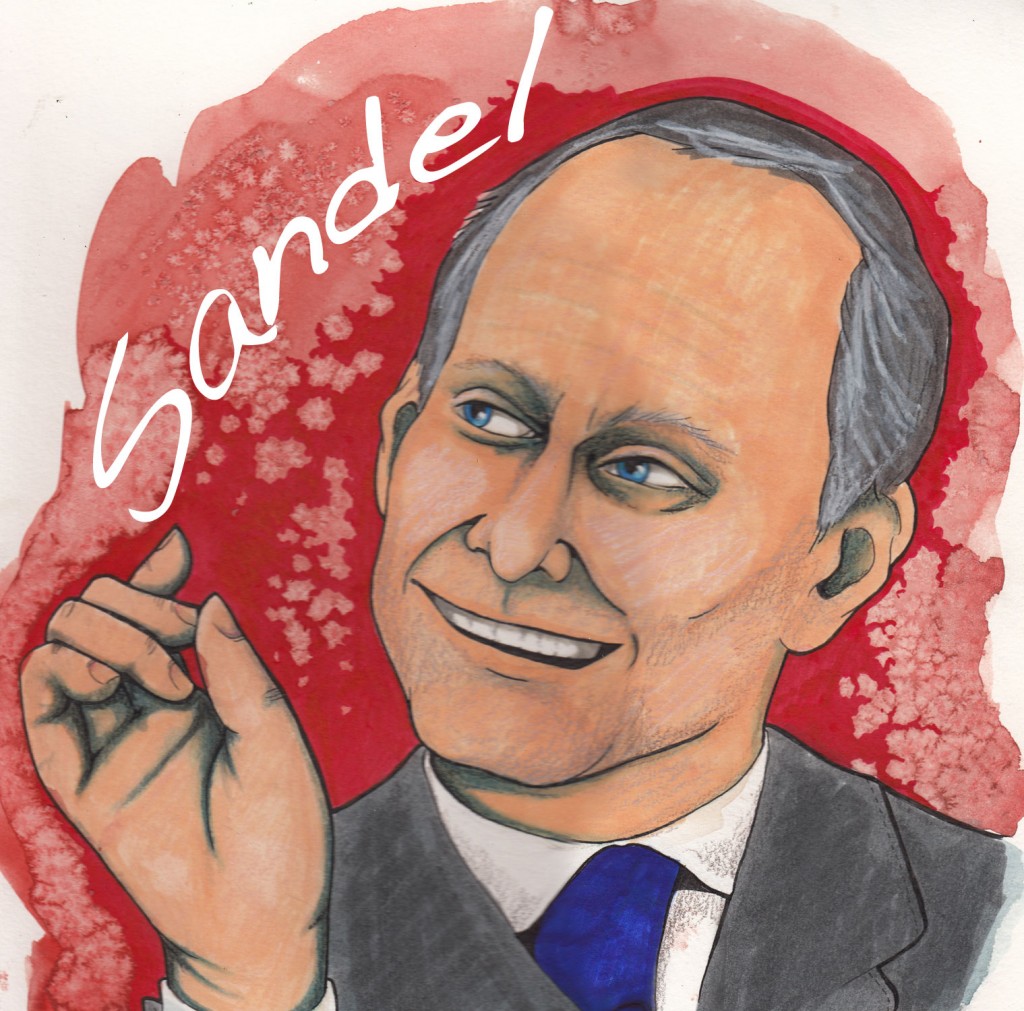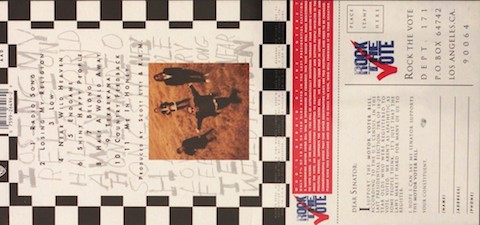And you thought Ronald Reagan single-handedly brought down the Berlin Wall and ended the Cold War with his “Tear Down This Wall Speech” in 1987…. Well, a few other things happened before the wall finally came down two years later, including Mikhail Gorbechev’s reforms, the protests of the East German people, and that whole nuclear arms race thing. But if we’re looking for another famous American to credit for reunification, we should look to Bruce Springsteen, who in July of 1988—one year after the aged Gipper issued his famous command to the Soviet President—played an outdoor concert to 300,000 East German fans, “while millions more,” reports The Guardian, “watched the shaky and distorted transmission on state television.”
Springsteen played 32 songs in an epic four-hour performance. But which song was it that sent the Wall crumbling one year later? Was it, perhaps, “Born in the U.S.A.” (top)—the song about a bitter, disenfranchised Vietnam vet that the G.O.P. mistook for a patriotic anthem?
More likely it was his cover of Bob Dylan’s “Chimes of Freedom” (above). Before that song, writes The Guardian, Springsteen gives “a passionate speech, delivered in a creaky but understandable German.” “I’m not here for any government,” he says, “I’ve come to play rock ‘n’ roll for you in the hope that one day all the barriers will be torn down.” It could just as well have been “Promised Land” (below) that tore down that wall, or maybe “Cadillac Ranch”….
Sure, I’m being facetious, but the concert did have significant aftereffects. Historian Gerd Dietrich remarks that “Springsteen’s concert and speech certainly contributed in a large sense to the events leading up to the fall of the wall.” Thomas Wilke, an “expert on the impact of rock and pop music in East Germany,” comments, “there was clearly a different feeling and a different sentiment in East Germany after that concert.” The sentiment, says Dietrich, was an even greater desire for change. The Springsteen concert “showed people how locked up they really were.”
In this respect, it had exactly the opposite effect that the East German leadership intended. Evidence from the Stasi archives tells us it was supposed to “assuage the country’s youth,” who were “still reeling” from the beatings they’d received from police the previous year when they’d tried to listen in on David Bowie and the Eurythmics playing just over the Wall in the West. The Springsteen concert, by contrast, was deliberately situated “in the depths of East Berlin,” far from the border, to prevent “an impromptu revolution.” So much for appeasement.
So, were Reagan and Springsteen working together? Unlikely. Reagan’s attempt to co-opt “Born in the U.S.A.” for his 1984 re-election campaign may have, in fact, activated Springsteen’s latent lefty consciousness—or at least that’s what Professor Marc Dolan argues in the short video above and in this Politico essay. But even if the President and the Boss took different routes politically, there were “undeniable similarities” between them.
Both men liked to talk a lot to their audiences about freedom, and both tended to define that freedom in terms of the agency of the individual. Both men instinctively distrusted structures and institutions, precisely because they saw them as limiting individual freedom.
In that respect, they were the perfect representatives of the U.S. East Germans imagined, whether trying to hear Michael Jackson through a wall of troops stationed in front of the concrete behemoth that kept the West out, or waving homemade American flags while Max Weinberg pounded out the rousing drumbeat that announces “Born in the U.S.A.” Remembering the concert years later, Springsteen said, “Once in a while […] you play a show that ends up staying inside of you, living with you for the rest of your life. East Berlin in 1988 was certainly one of them.”
Related Content:
Heat Mapping the Rise of Bruce Springsteen: How the Boss Went Viral in a Pre-Internet Era
Bruce Springsteen Stumps/Sings for Obama: A Free Six-Song Set
Josh Jones is a writer and musician based in Durham, NC. Follow him at @jdmagness.


 MP3
MP3


